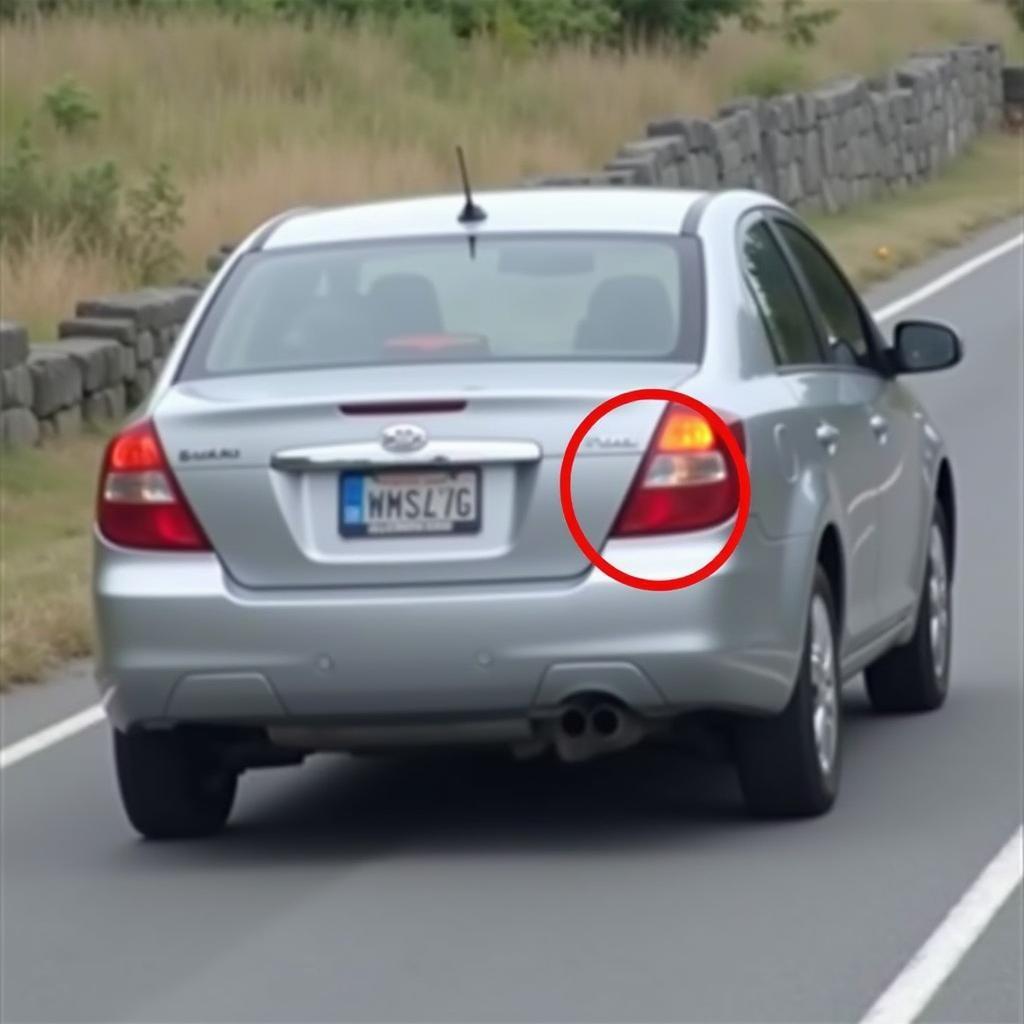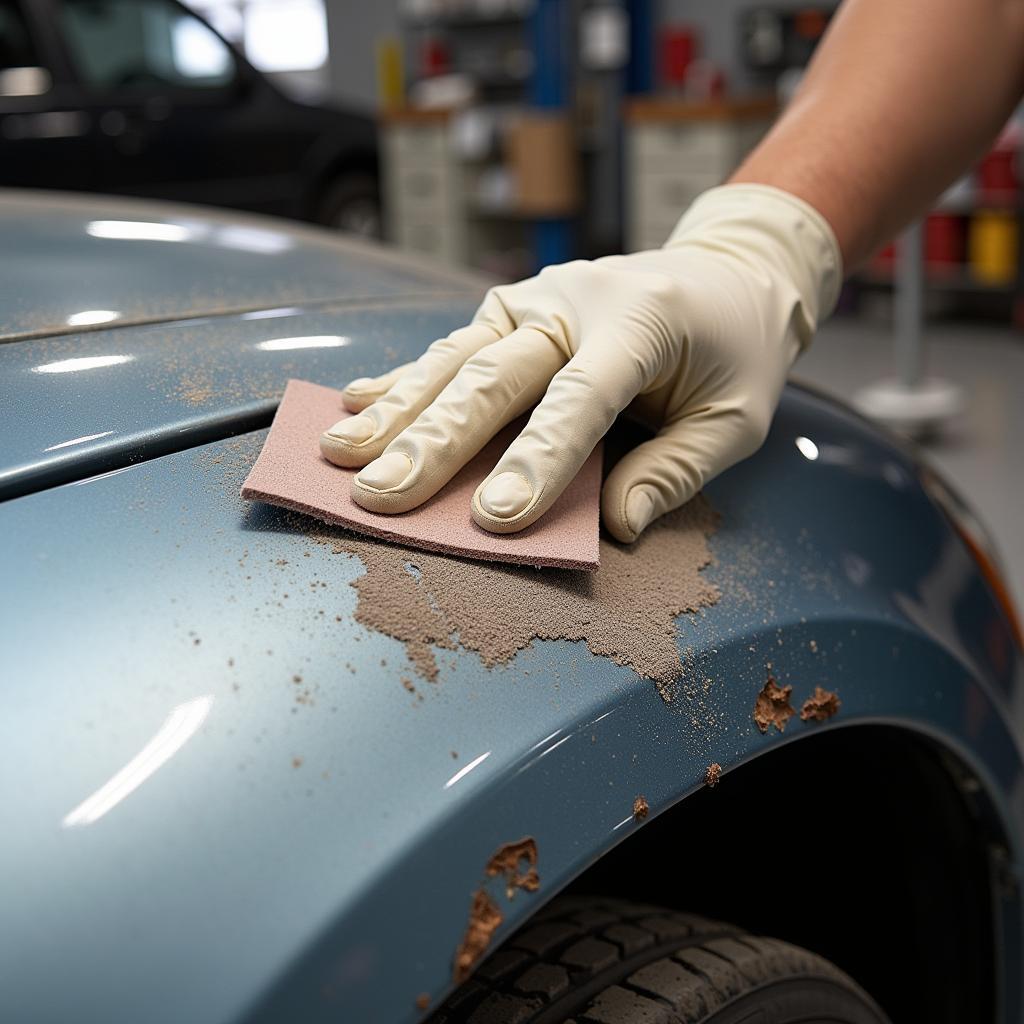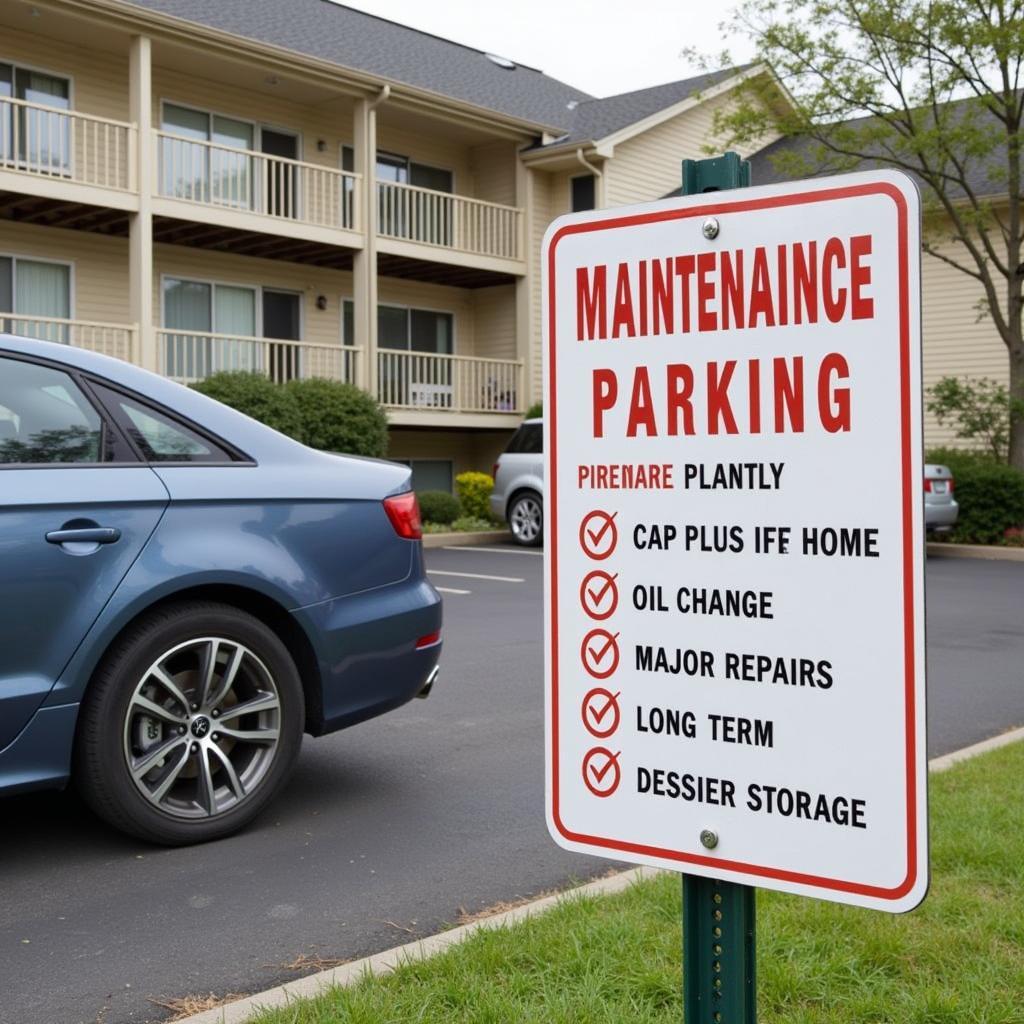Car window tinting offers several benefits, from enhanced privacy and UV protection to improved fuel efficiency and interior aesthetics. However, problems with tinting car windows can arise, and understanding these potential issues is crucial for both car owners and professionals. This guide explores common problems associated with car window tinting, providing valuable insights into prevention, troubleshooting, and solutions.
Common Problems With Tinting Car Windows
Several factors can contribute to problems with tinting car windows. These include improper installation, low-quality film, environmental factors, and even aftercare practices. Let’s delve into some of the most frequently encountered issues:
Bubbling or Peeling Tint
One of the most common problems with tinting car windows is bubbling or peeling. This often occurs due to improper installation, where moisture or air gets trapped between the film and the window. Low-quality film is also susceptible to bubbling and peeling, especially when exposed to extreme temperatures.
- Prevention: Ensure professional installation by experienced technicians using high-quality film.
- Solution: If bubbling or peeling occurs, it’s usually best to have the tint removed and reapplied.
Purple or Faded Tint
Over time, window tint can turn purple or fade, giving the car a worn-out look. This is typically caused by low-quality film that contains dyes that break down when exposed to sunlight.
- Prevention: Invest in high-quality ceramic or carbon-based films that are more resistant to fading.
- Solution: The only solution for faded or purple tint is to remove and replace it with a higher-quality film.
Haziness or Blurred Vision
Haziness or blurred vision can be a serious safety concern. This issue can arise from low-quality film, improper installation, or adhesive failure.
- Prevention: Choose high-quality film and ensure professional installation.
- Solution: If haziness or blurred vision occurs, have the tint inspected by a professional and replace it if necessary.
Scratched Tint
While durable, window tint can still be scratched by sharp objects or abrasive cleaners.
- Prevention: Avoid using abrasive cleaners or scraping the tint with sharp objects.
- Solution: Minor scratches can sometimes be buffed out, but deeper scratches may require tint replacement.
Problems with Tinting Car Windows: Legal Issues
Window tint laws vary by state, and it’s essential to ensure your tint complies with local regulations. Problems can arise if your tint is too dark, resulting in fines or even requiring you to remove it.
- Prevention: Research your local window tint laws before getting your windows tinted.
- Solution: If your tint is illegal, you’ll need to have it removed or replaced with a legal tint.
Expert Insights on Car Window Tinting Problems
“One of the biggest mistakes people make is choosing the cheapest tint,” says John Miller, a certified automotive window tint specialist with over 20 years of experience. “Investing in high-quality film is crucial for avoiding many common problems.”
“Proper installation is just as important as the film itself,” adds Sarah Johnson, another experienced tinting professional. “A skilled installer can prevent bubbling, peeling, and other issues that can arise from improper techniques.”
Conclusion
While problems with tinting car windows can occur, understanding the causes and solutions can help you make informed decisions and maintain your tinted windows for years to come. Choosing high-quality film, ensuring professional installation, and following proper aftercare practices are crucial for avoiding these issues. Remember, investing in quality and expertise upfront can save you time, money, and frustration in the long run. For further assistance or personalized advice, feel free to connect with us at AutoTipPro. Our number is +1 (641) 206-8880 and our office is located at 500 N St Mary’s St, San Antonio, TX 78205, United States.
FAQ
- How long does car window tint typically last? High-quality film can last for several years, even decades, with proper care.
- Can I clean tinted windows? Yes, but avoid abrasive cleaners. Use a soft cloth and a mild soap solution.
- Is it possible to remove window tint myself? It’s possible, but professional removal is recommended to avoid damaging the window.
- How much does car window tinting cost? The cost varies depending on the type of film, the number of windows, and the installer.
- What are the benefits of ceramic window tint? Ceramic tint offers superior heat rejection, UV protection, and clarity compared to other types of film.
- Can I tint my windshield? Windshield tinting laws vary by state, so check your local regulations.
- How do I choose the right shade of window tint? Consider your local laws, personal preferences, and the climate you live in.







Leave a Reply